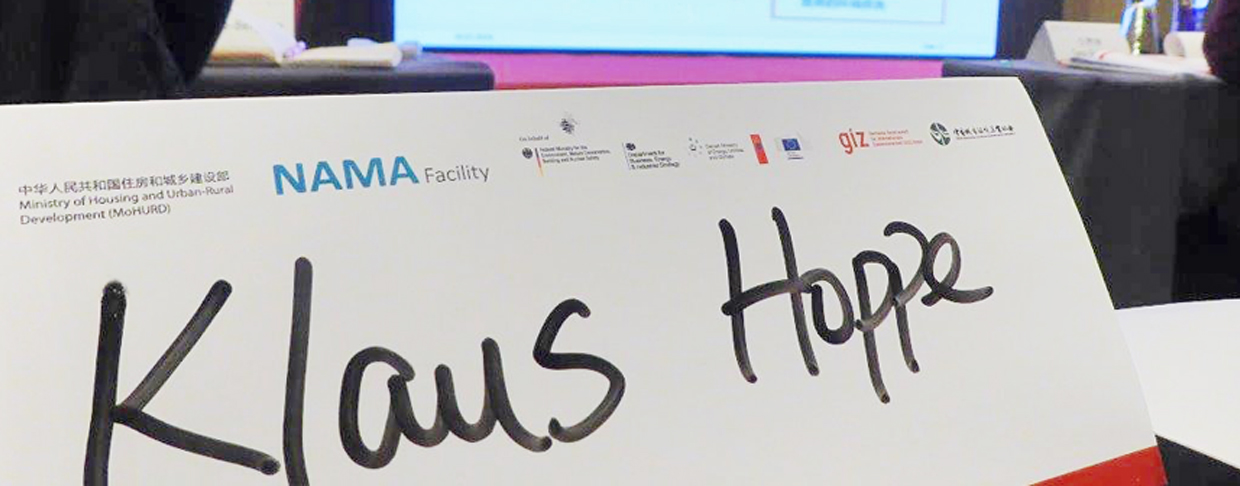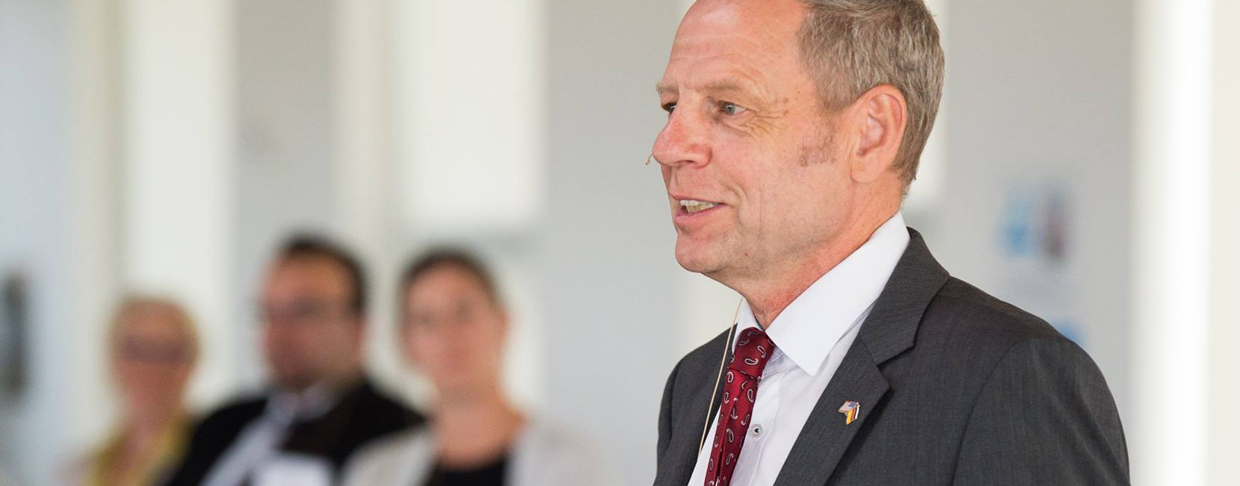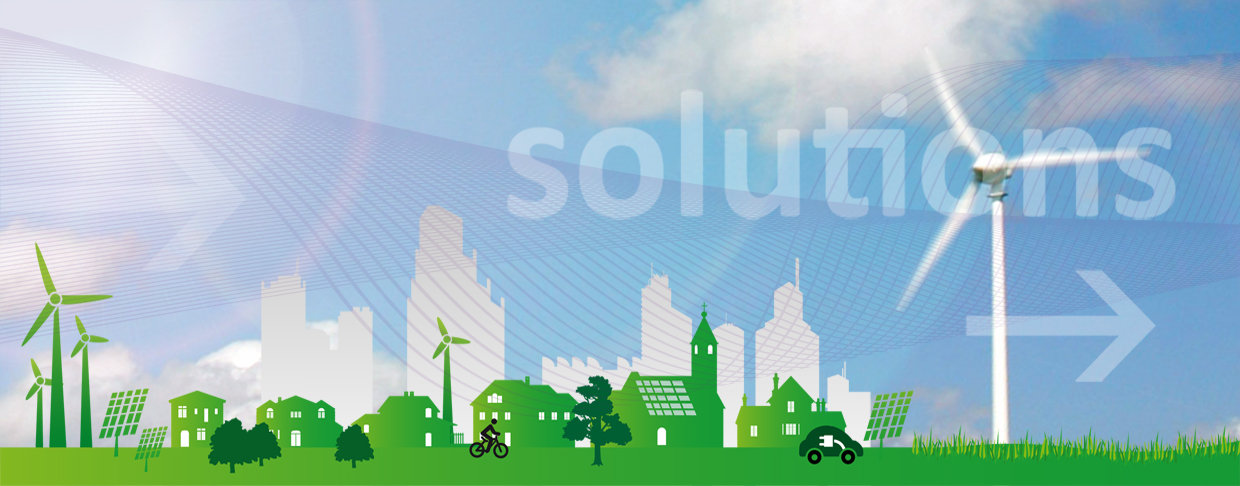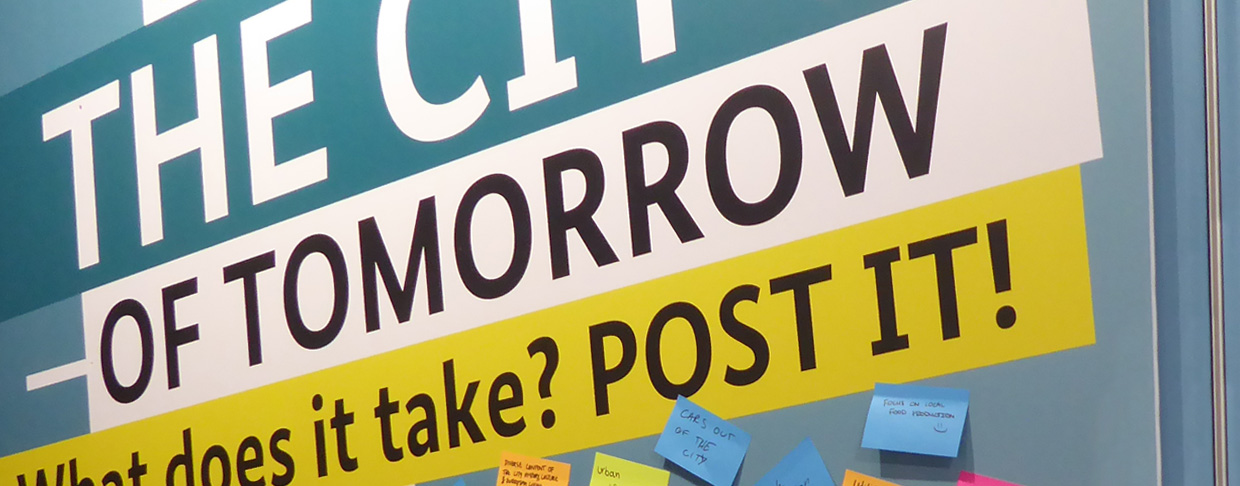
CONTACT
Klaus Hoppe Consulting
Flaunserstraße 11
D -79102 Freiburg
Phone +49 (0)761 68 199 091
Mobile +49 (0)152 33 767 123
E-Mail info@klaushoppe-consulting.de

Klaus Hoppe Consulting
Flaunserstraße 11
D -79102 Freiburg
Phone +49 (0)761 68 199 091
Mobile +49 (0)152 33 767 123
E-Mail info@klaushoppe-consulting.de

“For certain you have to get lost to find a place as can’t be found. Elseways everyone would know where it was!”
Captain Hector Barbossa, in Pirates of the Caribbean, At World´s End
I find my inspiration in two key and what at first glance appear to be entirely opposing ways. First, my curiosity and my quest for creative solutions – especially where they do not readily come to mind. Second, concentrating on what is doable in a given situation.
A happily married father of two children who are firmly on their way to becoming adults. I’ve played football for as long as I can remember. In my active football days, I obtained a trainer’s license and trained several youth teams. I keep fit with Nordic Walking and Beach Volleyball and have been practising Yoga for more than 30 years. I love to travel and consider myself fortunate in being able to travel with my work. I try to keep my carbon footprint low by cycling in and around Freiburg whenever I can.
Since 2014
Freelance consultant. Support services for (among others) municipal processes for sustainable urban development, Smart Cities, cooperation with the science and research community and practitioners at national and international level.
2001-2014
Municipal energy and urban development: Head of the Energy Department, City of Freiburg – responsibilities included integrated climate action plan, energy and urban planning, stakeholder involvement and cooperation, international city networks.
Municipal waste management: Deputy Operations Manager Waste Management, City of Freiburg (regional cooperation, waste management plan, industry planning)
1994-2001
Municipal waste management: Head of Waste Operations, Bad Duerkheim County (waste management planning, industry plan) Local Agenda 21 Representative, Public Relations Spokesman
1993
Degree in Geography, majoring in Urban, Energy and Climate Geography, University Saarbruecken, Germany
Further Training
Parkhouse Leader 1:1 Programme English for Business, Parkhouse Training, Wales
Group Dynamics, Juergen Kugele, Management Trainer, Berlin, Germany
Leadership Training – Employee and Conflict Management, Leadership through Target-Setting and Agreement, City of Freiburg
Project Management, Institute for Vocational Training and Project Management, Freiburg, Germany
A current, detailed CV is available upon request.

„My “a-ha!” moment occurred in a participatory workshop on transformation of municipal processes. In an expert-facilitated workshop, a group of strangers met over a challenge presented by one of our members, and we dove right in. We discovered that we had the world-wide diversity and experience to work together to find solutions for the Mayor of a small, economically challenged port town seeking to lead his citizens to prosperity beyond dependence on carbon-based fuel…. Start where you are, and lead collaboratively.“
Environmental and Sustainability Manager, City of Spokane, Washington
Renewable Cities Global Forum 2017, Vancouver, Canada – Workshop on Transformation Management

“Putting the ball in the net is what counts” Football adage
CHANGE PROCESSES are individually overseen by me in the form of moderated dialogues or workshops. It´s important for me to analyse and “appreciate” the existing structures and processes. Changes and improvements can only take place in consideration of the situational needs.
Communication and cooperation lie at the forefront of these activities, but they are not an end in themselves. Improvements must always refer back to (existing) goals or resolutions and lead to concrete implementation.
Structural and process work in line with:
Cities and municipalities at national and international level. In Germany: Munich, Frankfurt, Kaiserslautern, Constance, Wiesbaden, Ludwigsburg County Administration. International: Lviv in Ukraine, Madison in the US.
City networks for climate change action and sustainability: Climate Alliance, Energy Cities, Iclei, World Future Council, Sustainable Cities International – Vancouver
Institutes: Ifeu-Institut – Heidelberg, Oeko-Institut – Freiburg, Fraunhofer Society, Ecologic Institute – Washington DC, German Institute of Urban Affairs (Difu) – Berlin
Universities: TU Berlin, FU Berlin, University of Freiburg, University of Luxembourg
Energy agencies: eza! Energie- und Umweltzentrum Allgäu; Energieagentur Regio Freiburg
Energy suppliers: badenova AG – Freiburg, BC Hydro – Vancouver

“‘…Cause there is no more new frontier, we have got to make it here” The Last Resort, The Eagles
SUSTAINABLE DEVELOPMENT GOALS, NEW URBAN AGENDA, NET-ZERO and SMART CITIES – buzz words that come up again and again in connection with the resilient future of cities and communities. But what do they mean and what role do they play in project implementation?
To answer that question, we must first take the time to look back and ask “Where did we come from and where are we today? This is just as important as looking into the future and asking: “Where do we want to go and why?”. Only then does it make sense to look more closely at “How we will get there?”: “What measures can we use to achieve our goals and what do we need to change in the processes and structures?”
The challenge faced by urban systems and the primary task for city decision-makers is to find ways and solutions that serve the common good. Digital solutions are a simply a means to an end. No more and no less.